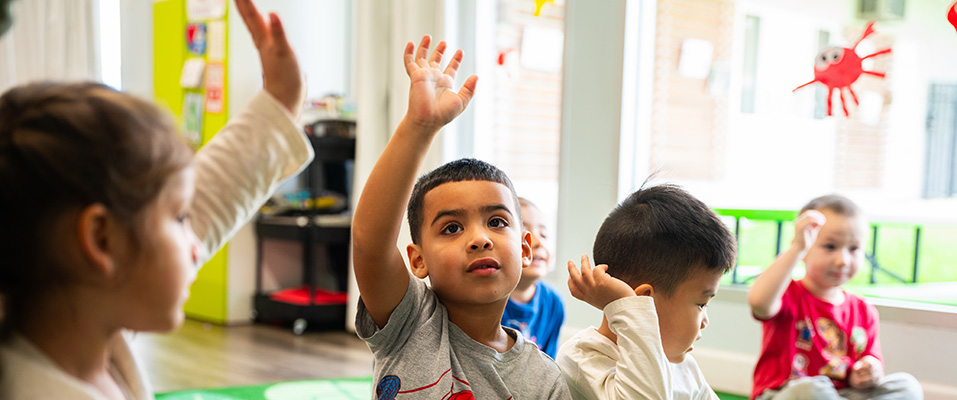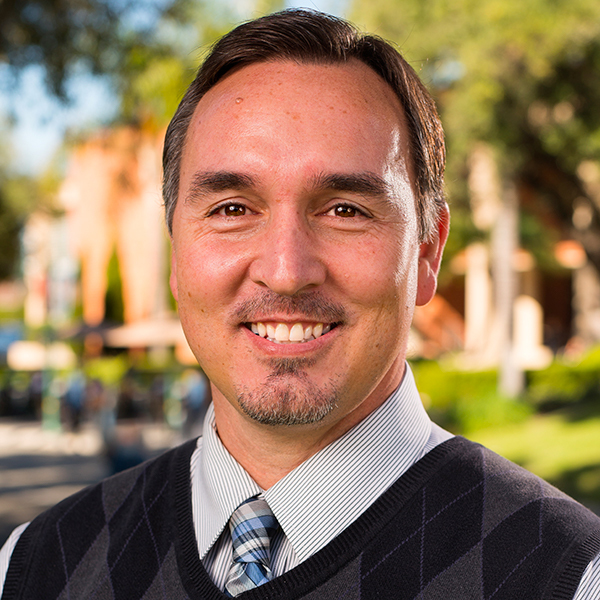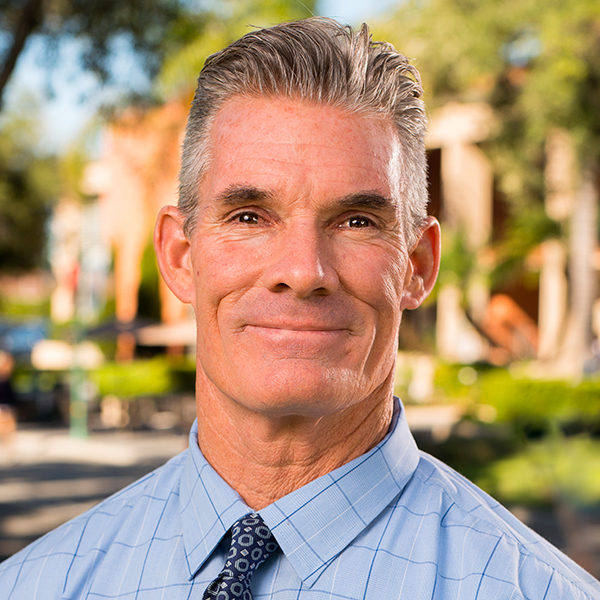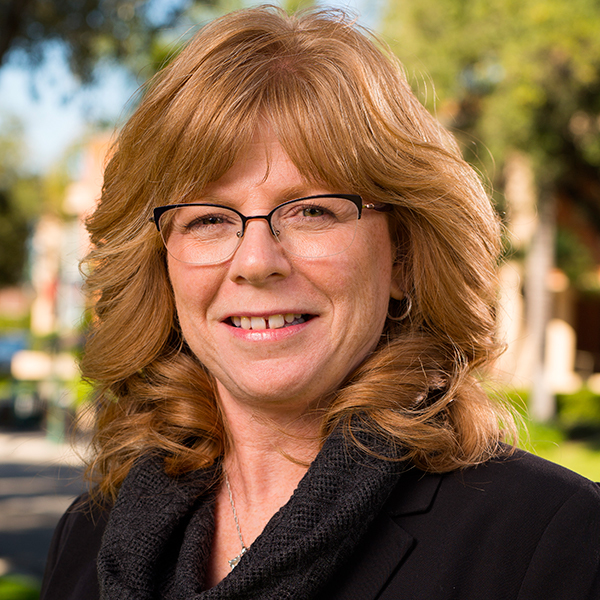B.A. in Liberal Studies, Multidisciplinary Major
Overview
As a liberal studies, multidisciplinary major, you’ll be equipped to work in a variety of education-related fields, including early childhood education, after-school programs, children’s ministry and more. Your broad liberal studies education will also prepare you to enter graduate credential programs in special education or elementary education. Moreover, you’ll have the opportunity to choose an academic concentration that will provide deeper training in a specific subject.
In addition to its strong curriculum, expert faculty members and biblical integration, Biola’s liberal studies, multidisciplinary program offers several key advantages:
- This program features a biblically centered curriculum that teaches you how to integrate your faith into your teaching philosophy.
- Get a head start on your Special Education (Mild/Moderate) Credential and earn a Certificate in Special Education with the Special Education concentration.
- Earn a California Child Development Permit with the Early Childhood concentration.
Courses prepare you for the CSET Multiple Subjects examination. - Biola’s location in Southern California — one of the world’s largest and most diverse metropolitan areas — is ideal for internships and job opportunities.
Rankings
Biola's education program was recently ranked 8th overall on Niche's list of "Best Colleges for Education in California," based on student reviews and data from the U.S. Department of Education.
Concentrations
- Biology
The biology concentration features coursework in biological science, with studies in topics such as environmental science, nutrition and marine biology.
- Early Childhood
The early childhood concentration includes coursework in early childhood curriculum, child development, classroom management and assessment of young children, and can lead to earning a California Child Development Permit.
- English
The English concentration includes coursework in grammar, composition, creative writing and classic literature.
- Health and Exercise
The health and exercise concentration includes coursework in areas such as kinesiology, sports leadership, psychology in physical education and coaching techniques.
- History
The history concentration features coursework in American government, history from the colonial period to the present day and global history.
- Human Development
The human development concentration includes psychology courses in areas such as human sexuality, marriage and family and cross-cultural issues.
- Mathematics
The mathematics concentration includes coursework in areas such as calculus, linear algebra, probability, statistics and number theory.
- SociologyThe Sociology concentration includes coursework in areas such as social problems, American culture and values, sociology of disabilities and social inequality.
- Spanish
The Spanish concentration offers two tracks: second language learners and heritage learners. Courses cover Spanish language and culture, conversation and composition, and Spanish applied linguistics and pedagogy.
- Special Education
The special education concentration is composed of coursework on topics such as teaching students with mild disabilities in inclusive settings, autism spectrum disorders and classroom management for students with special needs. Students can receive a Special Education Certificate and apply this coursework toward a Special Education Credential at the graduate level.
- Visual Arts
The visual arts concentration includes coursework in such artistic disciplines as drawing, 2D and 3D design, sculpture, ceramics, painting and photography.



